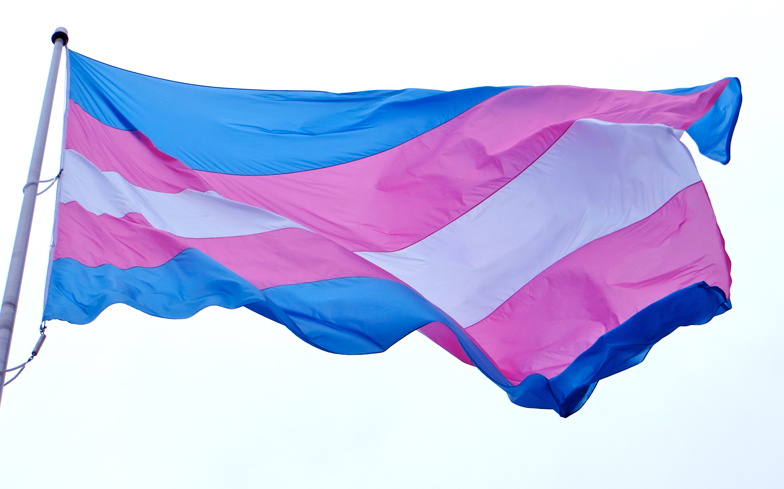Manchester Pride – one of the largest of the season – took place on the 24 August.
This year’s parade was marred by between 10 and 14 anti-trans protestors, who hijacked the front of the march, carrying banners with the transphobic slogans, “lesbians don’t have penises” and “gender ideology harms lesbians”. Shockingly, these protesters were from GetTheLOut – the group that pulled the same stunt at London Pride 2018.
Manchester Pride officials and Greater Manchester Police allowed GetTheLOut to proceed at the front of the march, handing out leaflets. But this was a situation that Manchester Pride should reasonably have prepared for, given London 2018. Tough questions need to be asked to ensure it does not happen again.
On 26 July the LGBT Foundation sent a letter, of which I was a signatory, to the Government, encouraging them to push ahead with reform of the Gender Recognition Act (GRA). The Government’s July 2018 LGBT Action Plan, the result of a survey of over 100,000 people, set out far-reaching goals to further equality for LGBTQ people in the UK.

In some areas the Government seems to have delivered, with legislation for compulsory and same-sex inclusive Sex & Relationships Education in schools coming into force in 2020. In July a process was even initiated whereby Northern Ireland will finally see the introduction of equal marriage.
Unfortunately, around GRA reform, progress has not been so swift. Following the publication of the LGBT Action Plan in July, a public consultation took place, which closed in October 2018. The results of the consultation were due to be published in March, but then postponed until July. It was the failure of the Government to publish the findings of the consultation and present a proposed outline for reform of the GRA which triggered the LGBT Foundation’s letter.
Trans people have long had the right to change gender or use single-sex services. The reform of the GRA is about removing bureaucracy and allowing for self-determination of gender, as well as providing legal recognition for non-binary people.
The delay in reforming the GRA is causing a lot of pain for LGBTQ people. Firstly, there are those who are directly affected by the process, trans people who are on waiting lists, experiencing delays, or being asked to attend multiple appointments far from where they live. In many cases this can have negative mental health repercussions, as trans people are left to question their identity.

Secondly, the longer GRA reform is delayed, the more polarised and distorted some of the commentary on GRA reform has become. We were all shocked by data released in the summer, showing a dramatic spike in hate crime towards LGBTQ people. Trans people were particularly badly affected, with recorded transphobic hate crimes increasing from 550 for the period 2013-2014 to 1650 for the period 2017-2018. This is the background against which a warped narrative surrounding the very validity of trans people has emerged from various sources.
Emma Meehan, Assistant Director of Public Affairs at LGBT Foundation, notes that: “In these turbulent political times, it can be easy to forget that the everyday business of government must continue.
“The Gender Recognition Act is outdated, and is in need of urgent reform to meet the needs of the communities it was originally designed to support. Right now, as hate crime against trans people is increasing these vitally needed reforms risk being kicked into the long grass.
“We call on the government to allow trans people to legally change their gender by self-declaration, introduce legal recognition for non-binary people, and improve inclusion for young trans people.”
Delaying reform is hurting trans people and undermining the entire LGBTQ community. The LGBT Action Plan was ambitious in its scope and we must not lose momentum around this important issue. It is imperative we see reform of the GRA.
To learn more about the work of the LGBT Foundation, check out their website.




